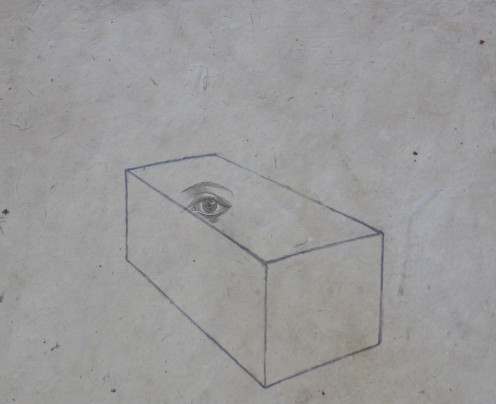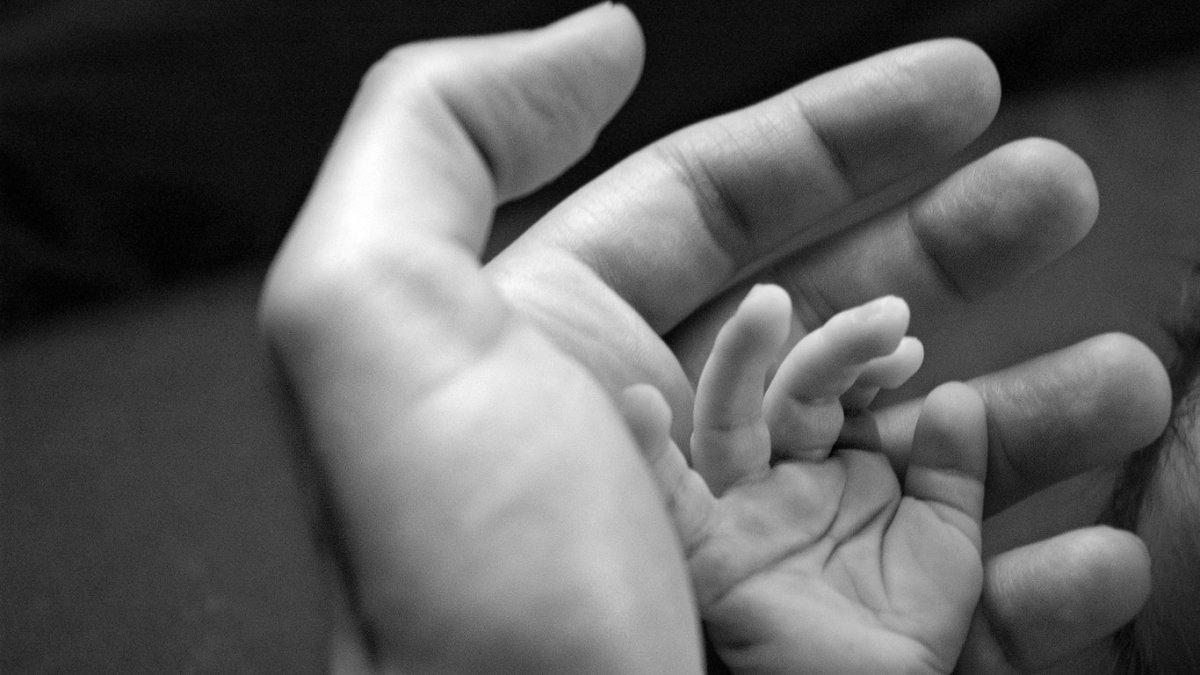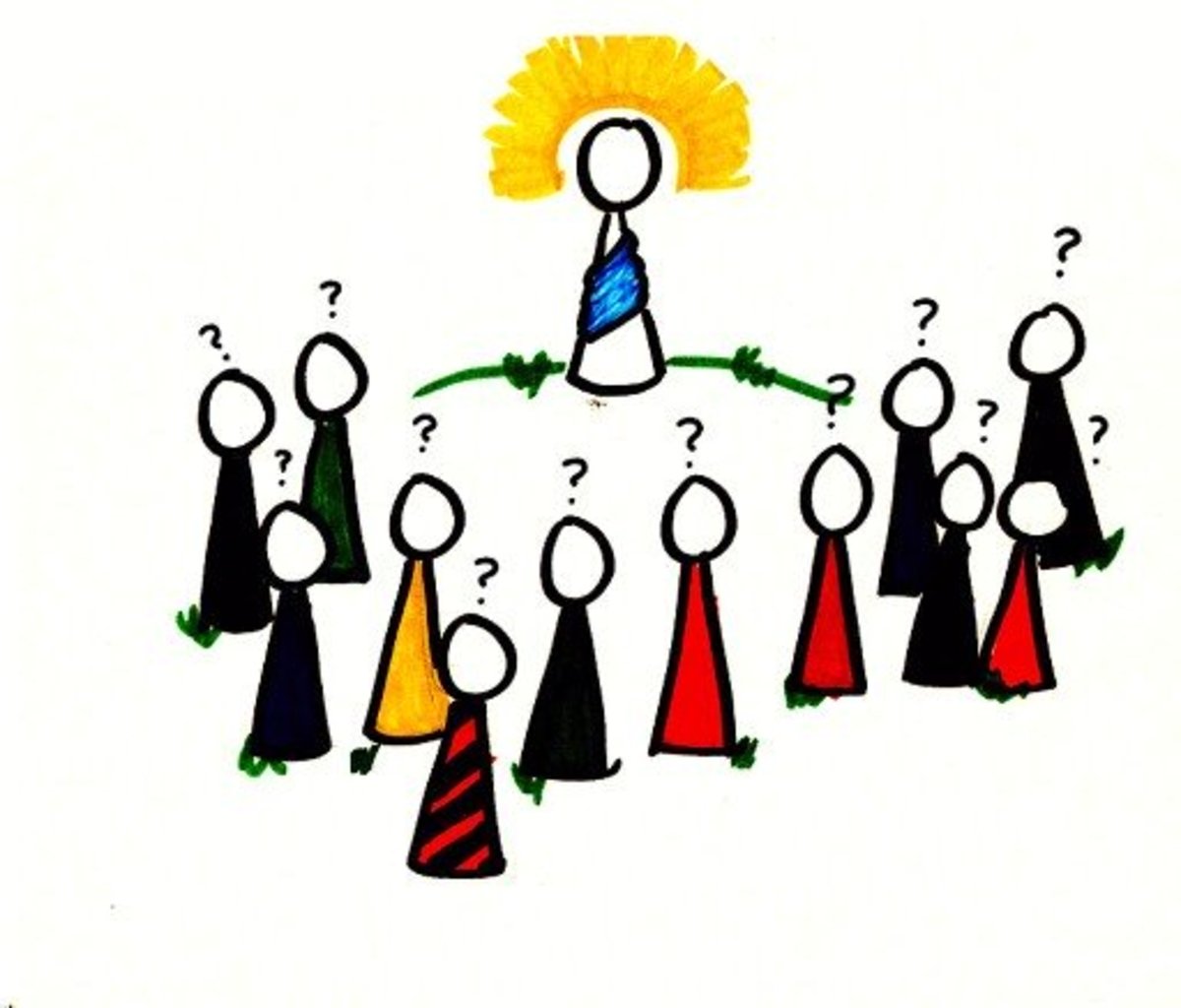Asking for a Friend
Being lifelong researchers
Being lifelong researchers - all of us - we know that many social issues must be looked up, looked at and addressed. Political debates do not make them something new. Or do they? Asking for a friend.

We just need to take a look around
For instance, the close relationship between poverty and health is evident, we just need to take a look around. Or - as starting points - open our browser and do a Google search: "poverty and health":
“Poverty and health are inexorably linked. They, unfortunately, feed into one another and work to keep those sick and in poverty stuck in their situation.”
Once again
There is also a correlation between “economic inequality and mental illness”. Once again, we just need to take a look around or open our browser and do a Google search:
“Economic inequality affects mental health independently of poverty. Both internationally and within countries including the US, area-level income inequality has been associated with mental health outcomes including more depression, poor self-reported mental health, drug overdose deaths, incidence of schizophrenia, child mental health problems, juvenile homicides, and adverse child educational outcomes.”
Studies reveal
Studies reveal that developed countries with high levels of inequality, such as the United States and the United Kingdom, have a higher proportion of mentally ill than countries like, for example, Denmark, Nigeria or Norway.
In this correlation, two variables are important:
- Greater inequality between rich and poor increases the percentage of mental illness. Social cohesion is broken and inequality creates tension.
- Being poor in a poor country is not the same as being poor in a rich country. This has to do with the operational definitions of both poverty and failure in each society:
“In more unequal societies, the data indicate, status anxiety increases not just among the poor, but across all income deciles. We all worry more about whether others see us as capable and successful — or as a failure. To use the psychological jargon, the “social evaluation threat” increases.”

The relationship between
In relation to the first of the variables, the internal degree of economic equality or inequality that a country presents, directly correlates with the mental health of its citizens. Economic inequality favors the increase in mental disorders and contributes to creating an anxious, stressed and fragile society:
“The relationship between economic inequality and mental illness is well established in both international analyses and single country studies. By placing people in a hierarchy, inequality exacerbates status competition, damages social integration and causes stress.”
Asking for a friend
Yes, we know that poverty, economic inequality and health must be dealt with. Political debates do not make them something new. Or do they? #AskingForAFriend

© 2020 Aydasara Ortega Torres






